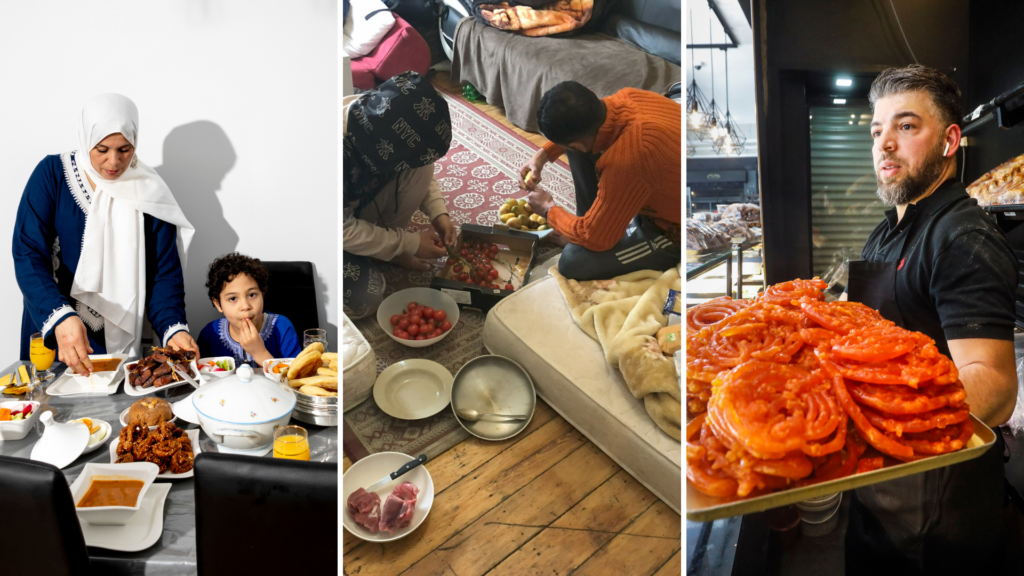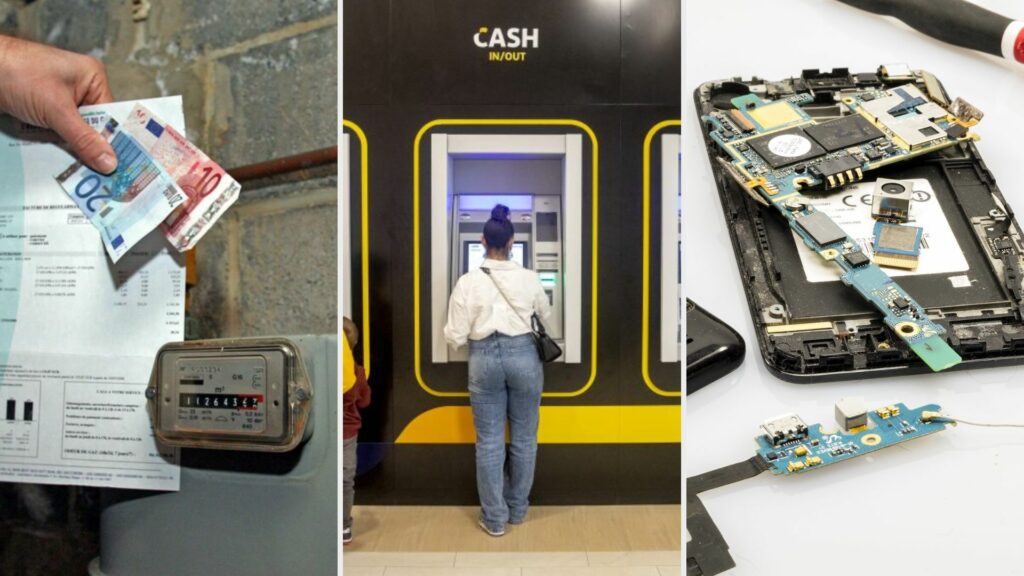Brussels is often lauded for being cosmopolitan, with a diversity of communities bringing their distinct flavour to the city. Numerous nationalities and creeds are represented and come alive at different points in the year, according to significant moments in their calendars.
As many of the capital's shop fronts remind us that peak chocolate season is upon us, a trip to the Midi-Lemonnier quarter comes with the aroma and excitement of Ramadan now in full swing. Always a lively neighbourhood, the restaurants that line the streets are now doing roaring trade as the day's fast is broken with the iftar feast after sundown.
Especially noteworthy are the various bakeries that are never short of baklava or other pastries and now are a picture of abundance, their shelves stacked with treats that are only made at this time of year. As well as catering to hungry families celebrating the end of a day's fast, these businesses also serve as community centres, demonstrating the inalienable power of baked goods in fostering a sense of togetherness.
To taste the atmosphere first-hand, Ciara Carolan visited one of the most popular establishments and can attest to the warm welcome and supreme delicacies on offer. Those in Brussels would do well to make this area a meal-time destination.
But despite the festivities now marked by Brussels' Muslim community, many others are observing the holy period in more difficult conditions, confronted by Belgium's creaking asylum system which leaves many vulnerable individuals without shelter or protection. It's a reality that forces many to fend for themselves, struggling for sustenance at all, let alone preparing a feast to end the day.
Despite the brimming solidarity that flows during Ramadan, there are some things that goodwill alone can't rectify.
Belgium in Brief is a free daily roundup of the top stories to get you through your coffee break conversations. To receive it straight to your inbox every day, sign up below:
1. 'This is not a life': Ramadan inside the squats of Brussels
"Normally, Ramadan is such a special time. But there isn't really any community spirit here." Read more.
2. Clearer bills, more ATMs and longer warranties: What voters want from the elections
In the run-up to the elections on 9 June, consumer rights organisation Test Achats surveyed over 1,000 Belgians about the changes they want to see. Three topics came out on top: clearer energy bills, more ATMs and longer warranty periods. Read more.
3. 'Incompatible with the city': Brussels gets tough on SUVs and pick-up trucks
Large vehicles such as pick-up trucks and sports utility vehicles (SUVs) are becoming increasingly common in Brussels. But given the safety problems, pollution, and congestion that come with oversized vehicles, the city is tightening legislation to ensure these heavy vehicles are only used for business purposes. Read more.
4. 'Like a big family': A day in a Brussels bakery during Ramadan
Muslims around the world are two weeks into Ramadan, their most important religious celebration of the year. For one month, a fast during daylight hours is preceded by suhoor, a simple meal before dawn, and iftar, a feast after sundown. Read more.
5. 'Eroding Belgium's unique beer culture': Brewers resist ban on alcohol advertising
The Belgian Brewers’ Federation has come out in opposition to a complete ban on alcohol advertising, following a recommendation recently reiterated by the country’s Superior Health Council (SHC), which sees this as the “most effective way to mitigate alcohol-related harm”. Read more.
6. Belgium's terrorism watch list shrinks but average threat increases
The number of names on Belgium's terrorist watch list dropped from 700 to 650 last year, but the average threat level of the people on the list increased slightly, announced the Coordination Body for Threat Assessment (OCAD) during a press conference on Tuesday. Read more.
7. Hidden Belgium: Antwerp’s nuclear bunkers
Ninety-nine nuclear bunkers. It sounds like a song by a 1980s German band. But it’s the number of underground shelters built in 1955 when Antwerp’s port was a Cold War target. Read more.


